Your login information returned multiple users. Please select the user you would like to log in as and re-type in your password.
(Community Highlight is a feature where we choose an article submitted by a member of the 4Player community and bring it to the front page for all to see. Interested in seeing your article on the front page? Then submit one here.)
Article by: the Urbanhitman
Over the past months, many sequels have been brought forth and have made their way into my gaming discussions with friends. The most common of topics amongst us is "What makes a sequel, a sequel?"
The games that usually bring up these arguments are titles like Bioshock, Fallout, Gears of War, Halo, and Metal Gear Solid. The big difficulty we find in establishing games like Bioshock and Bioshock 2 as its sequel is the main characters. Although Bioshock 2 does take place 10 years after Bioshock 1, the characters are not the same. This may seem like a small issue to many of you, however, my friends and I have been split as to if Bioshock 2 is truly a sequel. The same applies to Fallout 3 and Fallout: New Vegas. Although you are in the same world, you play different characters. So the question arises (and this pops up often during discussions) "Even though the game is claimed as a sequel, is it really a sequel if the stories and main characters are entirely different?". So my friends and I have come across a way of classifying what we call "a true sequel".
Lets start off with determining what is not even remotly close to a "true sequel", otherwise known as a "zero sequel". A zero sequel is claimed as a sequel by the developer and yet it has completely nothing to do with its prior games. An amazing example of this is the world of Grand Theft Auto. The Grand Theft Auto games have consumed many, many hours of our lives, have nothing to do with one another, and yet we continue to buy them. It becomes rather obvious that people who buy Grand Theft Auto are not in it for the continuation of a story, rather the raw value of controversial gaming and how fun it is to do these things in a virtual world. (I cant really think of too many games that are like this...)
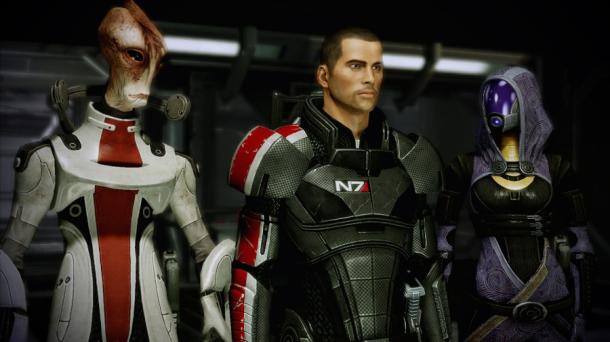 Next up is defining a game that is somewhat related to its prior game but does not have the same characters or continuing story. An "implied sequel". An example of this (at least in my opinion) is Bioshock. Although Bioshock 1 and Bioshock 2 take place in the same location, but at different time periods, neither have anything to do with one another. The only connecting factor between these games is the setting, some events that took place in the prior game which are mentioned in the sequel, and background characters. The setting in Bioshock 1 and 2 is very obvious as you are absorbed in the immense world of Rapture. However, in Bioshock 2 they do mention some of the things you have done for Rapture in the previous game and yes there are some similar background characters such as the mention of Miss. Tenebaum and Andrew Ryan. Even then, the missions and objectives you do in Bioshock 2 really have nothing to do with the events in Bioshock 1. Not to mention you're an entirely seperate character at a different time. So I don't consider this a true sequel. (another example of this is the Fallout Series).
Next up is defining a game that is somewhat related to its prior game but does not have the same characters or continuing story. An "implied sequel". An example of this (at least in my opinion) is Bioshock. Although Bioshock 1 and Bioshock 2 take place in the same location, but at different time periods, neither have anything to do with one another. The only connecting factor between these games is the setting, some events that took place in the prior game which are mentioned in the sequel, and background characters. The setting in Bioshock 1 and 2 is very obvious as you are absorbed in the immense world of Rapture. However, in Bioshock 2 they do mention some of the things you have done for Rapture in the previous game and yes there are some similar background characters such as the mention of Miss. Tenebaum and Andrew Ryan. Even then, the missions and objectives you do in Bioshock 2 really have nothing to do with the events in Bioshock 1. Not to mention you're an entirely seperate character at a different time. So I don't consider this a true sequel. (another example of this is the Fallout Series).
Finally is the definition of a "true sequel". A true sequel is a sequel that is a direct link to what you have done in previous games such as Gears of War. In Gears of War we see the same characters and continuation in plot through out all the games. This is the true definition of a "true sequel". Other examples are the main Halo games (1, 2, and 3), the main Metal Gear Solid games, Mass Effect, and even Assassins Creed (after all, you are REALLY playing as Desmond) . These are all, what I consider, True Sequels.
As you can see I have put a lot of thought into what I truly think should and shouldn't be considered a sequel. Disagree? comment below brah!
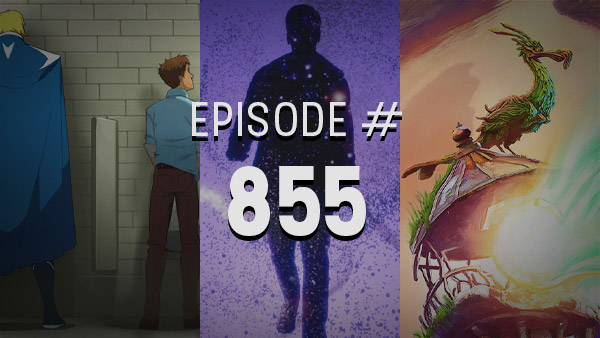
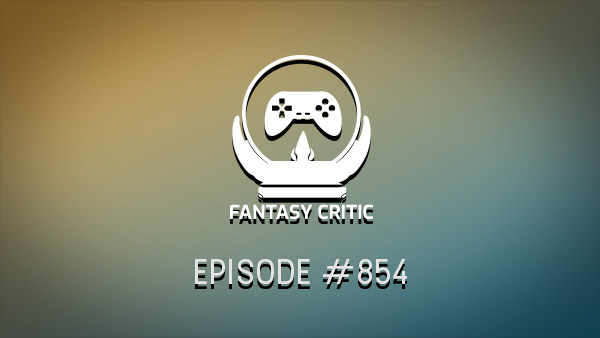
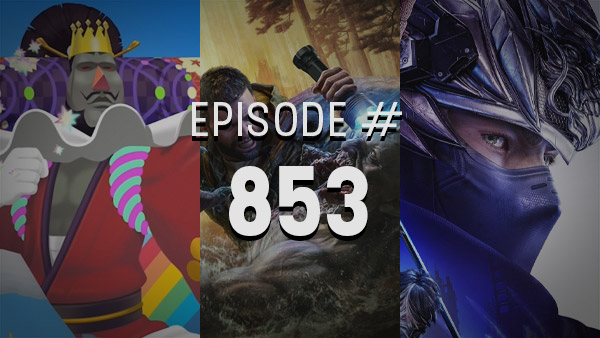
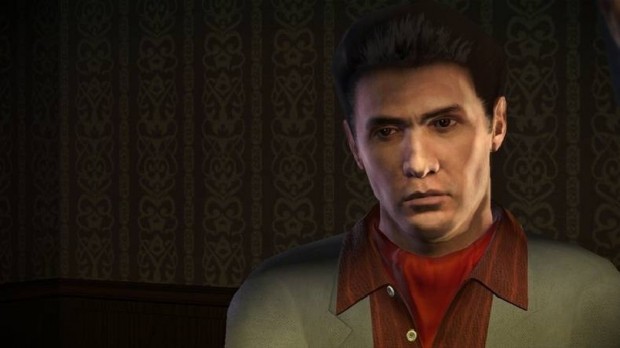
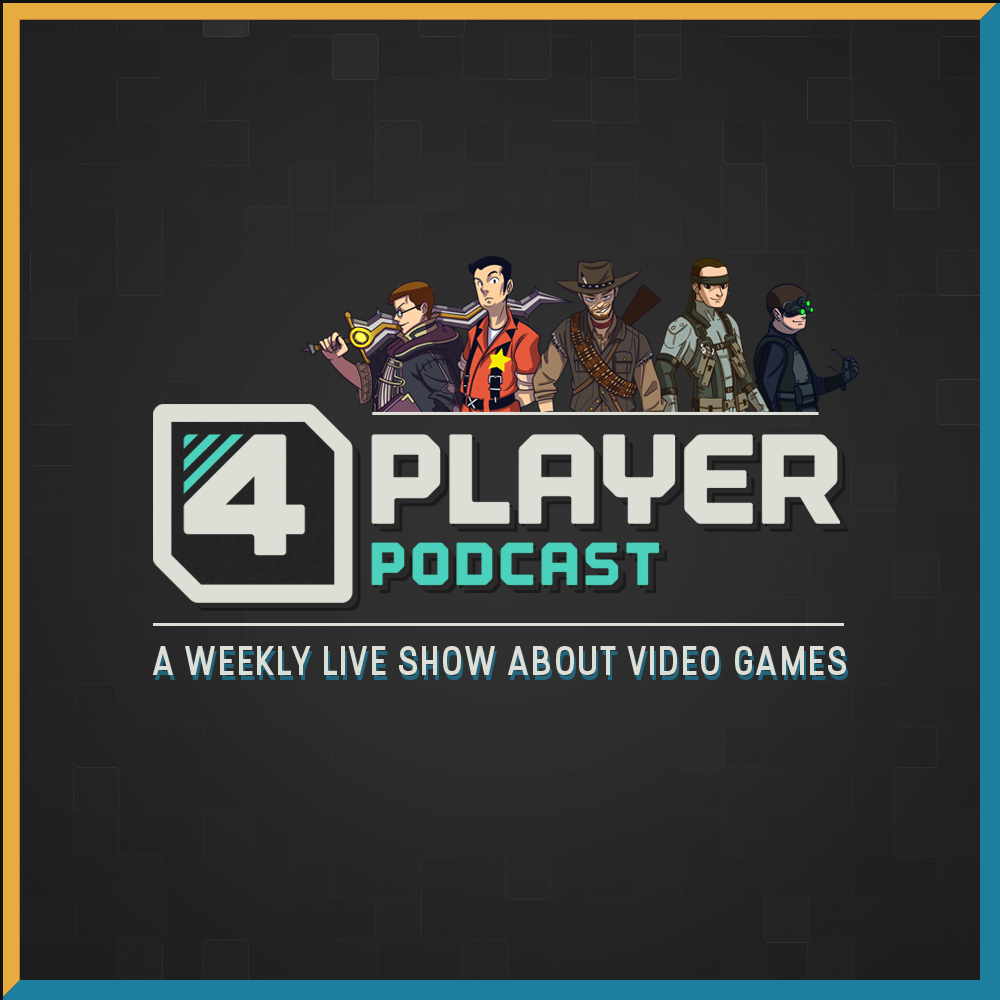
Comments
15 years, 1 month ago
I know I am copying my same response from the forum, but here it is.
I mostly agree with your three groupings of sequels.
For me I agree and disagree about the "zero sequel" example, in terms of story and continuation there may not be any relation, meaning they are just part of a series, but really for these type of games the sequel part determines how far improved they have made a series in a single game. This isn't always the case as well, I would San Andreas is the most improved game in the series, but is not considered as a sequel.
I think one of the interesting points you mention is: "Fallout 3 and Fallout: New Vegas". Now I am pulling this specific point out, now I don't know how closely you follow the gaming industry and the content that gets released, but I follow things pretty closely (as hopefully soon I shall be writing far more frequently). Now when the first teaser trailer for FNV was released, we speculated that is was the sequel to Fallout 3. But a while later it was said that it was not a sequel, but it was a separate story in the same universe, that more closely follows the route of the original games. I think if I recollect to one feature correctly, this is more of a follow up instead of the sequel Fallout 4. What I am trying to show is FNV is a game in a series, but not a sequel and the reason people call it and argue about whether it is a decent sequel, is because of the internet. It is only known as a sequel of FO3, because of how journalists have wrote about it.
Honestly, I think a lot of publishers and developers are too keen to call things a sequel, as really it helps with sales. I think really it is a phrase thrown around far too much, when certain games should be called something like a Follow up in a Series.
15 years, 1 month ago
I thought they were called "spiritual sequels" not zero sequels lol. Or am I thinking of something else?
15 years, 1 month ago
A sequel is a work in literature, film, or other media that portrays events set in the same fictional universe as a previous work, usually chronologically following the events of that work
??
15 years, 1 month ago
Keep up the excellent Community Highlights